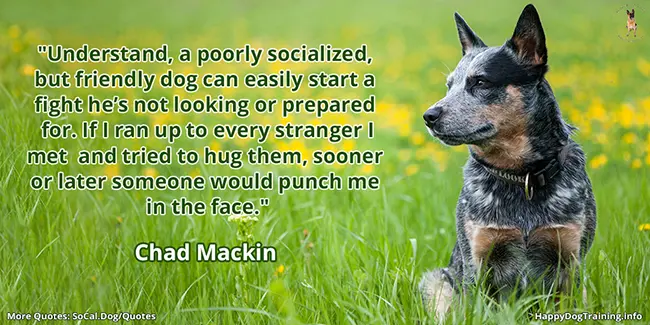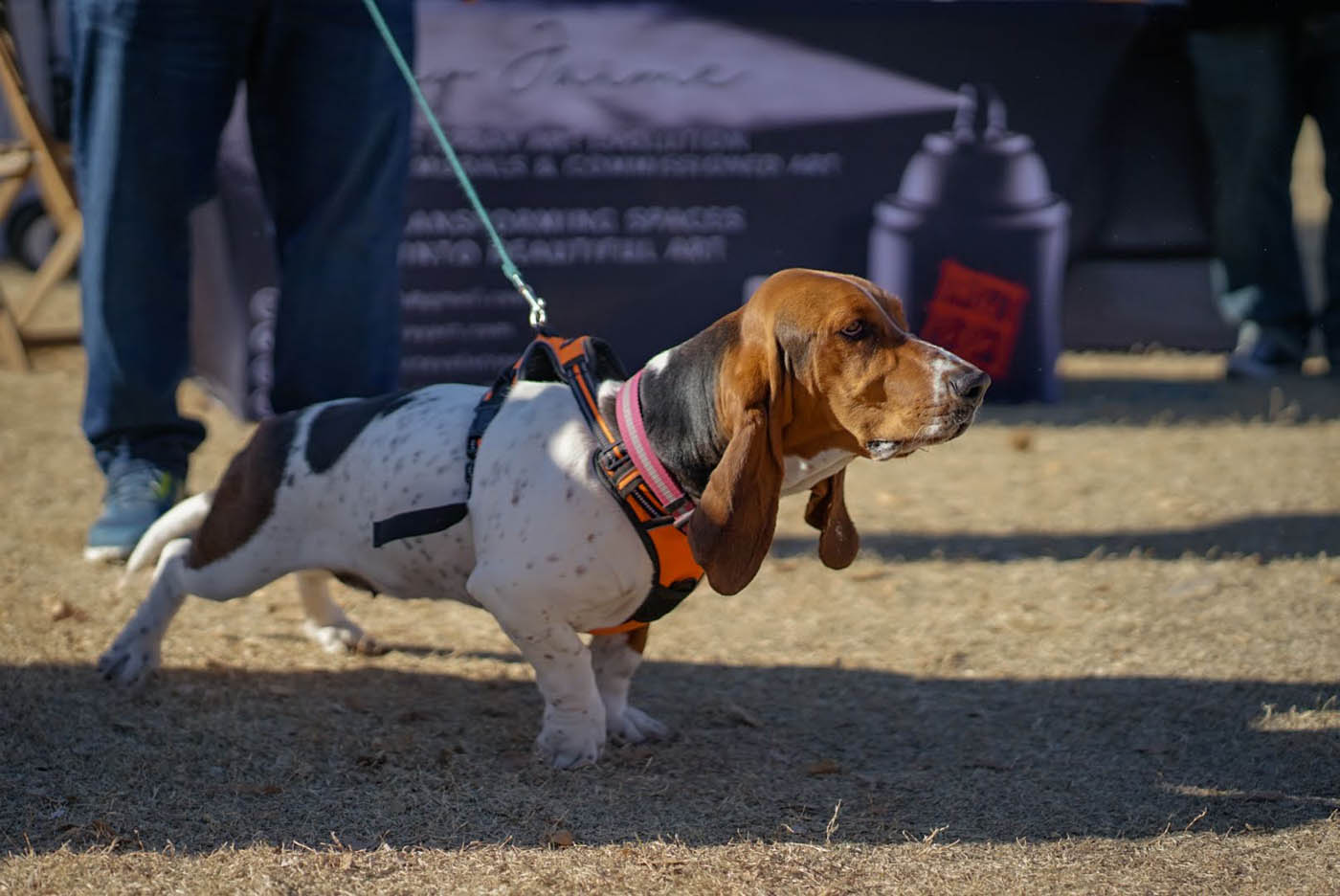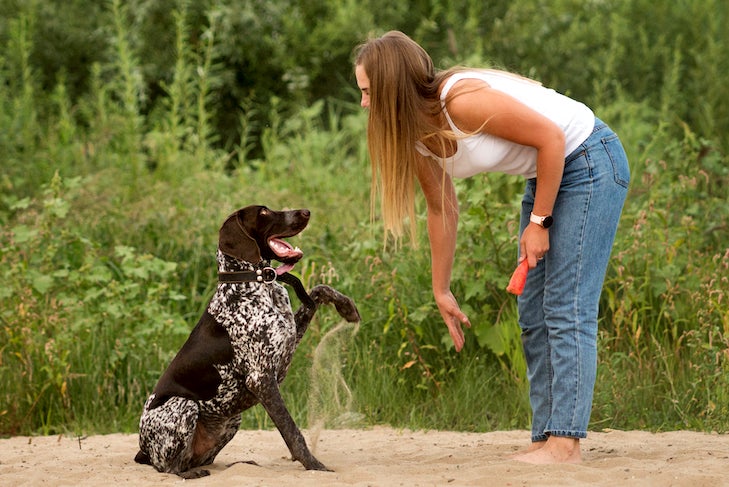Discover Top Tips for Dog Training Charlotte NC That Actually Job
Unlock Your Dog's Prospective: Proven Pet Dog Training Approaches for Success
Reliable pet training is a nuanced procedure that pivots on understanding canine actions and using clinically backed strategies. By integrating positive support, establishing clear commands, and focusing on socialization, dog proprietors can cultivate an efficient connection with their pet dogs.
Recognizing Pet Habits
Comprehending pet behavior is important for efficient training and fostering a positive partnership in between dogs and their proprietors. A comprehensive grasp of canine body language, articulations, and social communications is crucial for identifying their emotions and demands. Canines connect largely through non-verbal cues; for instance, a wagging tail may indicate excitement, while pinned ears can signify concern or entry.

In addition, ecological factors play a significant function fit a pet dog's habits. Changes in routine, new environments, or the visibility of unknown individuals can lead to stress and anxiety or anxiety in pets. Recognizing these triggers makes it possible for owners to minimize adverse reactions and develop ideal training approaches.
Ultimately, a deep understanding of pet dog behavior lays the structure for effective training techniques, improving both actions and the total bond between the pet and its proprietor. dog training charlotte nc. This understanding is important for cultivating a well-adjusted, happy canine friend
Positive Support Methods
Effective training depends heavily on favorable support methods, which have been revealed to generate considerable lead to shaping wanted habits in dogs. This method involves rewarding a pet dog for exhibiting particular actions, thus raising the probability that these behaviors will be repeated. Rewards can take numerous types, consisting of treats, appreciation, playthings, or play, depending upon what motivates the private pet.

It is important to slowly terminate incentives as the dog learns the behavior, transitioning to periodic support. This technique preserves the behavior with time while avoiding dependence on constant benefits. By focusing on positive reinforcement, instructors can cultivate a trusting partnership with their canines, advertising a participating and healthy training environment that enhances general obedience and efficiency.
Developing Regular Commands
A basic aspect of effective dog training is the facility of constant commands. Uniformity in commands is essential for efficient communication in between the pet dog and the trainer. When commands are uniform, canines learn to link details words with preferred habits, which increases the training procedure and boosts understanding.
To establish constant commands, it is essential that all relative make use of the exact same terminology and motions. As an example, if someone uses "rest" while another says "take a seat," it can create complication for the pet. Select clear, distinct words for commands and ensure everybody associated with the pet's training complies with these options.
Reinforce commands with frequent method, ensuring that the pet gets sufficient chances to react correctly. When a pet successfully complies with a command, immediate positive support needs to follow.
Last but not least, hold your horses. Establishing constant commands takes some time and effort. With dedication and quality, you will aid your pet dog create a solid understanding of expectations, ultimately resulting in a well-behaved companion.
Socialization and Exposure
Socializing a dog is essential for fostering a well-adjusted and positive friend. This process includes revealing your canine to a variety of environments, people, and various other animals to establish their social skills and versatility. Early socialization, preferably in between the ages of 3 to fourteen weeks, is crucial, as it lays the groundwork for a dog's future behavior.
During socialization, purpose to give positive experiences in different settings, such as parks, hectic streets, and homes with other animals. Present your pet dog to numerous stimuli, including noises, views, and smells, making certain that each experience is gratifying. This direct exposure aids reduce fear and anxiousness, leading the way for a much more durable pet.
Involving in regulated team play sessions with other pet dogs can likewise improve social skills, instructing your pet dog suitable communications and borders. modern dog training Prioritizing socialization will dramatically contribute to your pet dog's general happiness and habits throughout their life.
Conquering Common Training Difficulties

Pets might battle to focus in hectic or unfamiliar settings. Progressively desensitize your canine to interruptions by beginning training in a peaceful atmosphere and slowly presenting more stimulations as they become proficient.
In addition, behavior concerns like leaping or extreme barking can become frustrating. Address these by instructing different habits, such as sitting calmly when welcoming visitors. Uniformity and perseverance are critical; strengthen desired habits regularly and avoid abuse, which can cause confusion.
Finally, acknowledge that each pet is one-of-a-kind, and training timelines might vary. Tailor your technique to your pet's specific requirements, and look for expert guidance if needed. With perseverance and the appropriate strategies, getting rid of these obstacles can result in a well-trained, happy canine friend.
Conclusion
In final thought, opening a dog's possible necessitates a detailed strategy that includes an understanding of canine habits, the application of positive support methods, and the establishment of constant commands. Early socializing and exposure to diverse settings even more enhance a dog's versatility and pop over to this site confidence. By resolving common training obstacles with customized approaches and perseverance, a unified and participating connection in between canine and trainer can be fostered, inevitably leading to a mannerly buddy capable of growing in different circumstances.
Effective canine training is a nuanced process that pivots on comprehending canine actions and utilizing clinically backed strategies.Understanding pet dog habits is vital for Going Here efficient training and fostering a favorable partnership between pets and their owners.Reliable training counts greatly on positive support strategies, which have actually been revealed to generate significant outcomes in forming preferred habits in dogs. When commands are consistent, canines discover to associate specific words with desired behaviors, which accelerates the training procedure and improves understanding.
In conclusion, opening a pet dog's prospective necessitates a detailed method that integrates an understanding of canine behavior, the application of positive support strategies, and the establishment of regular commands.